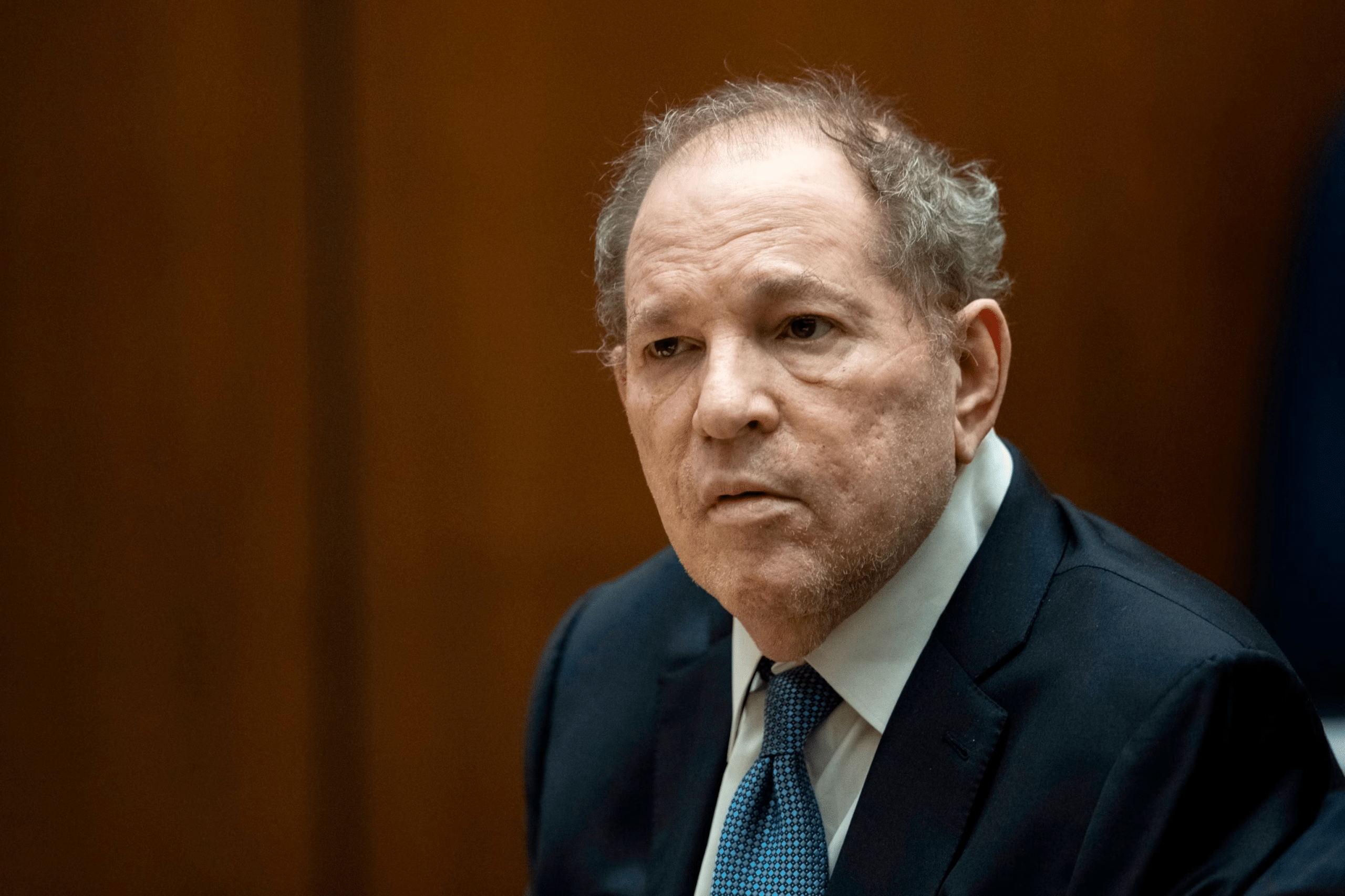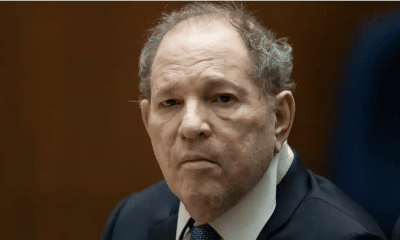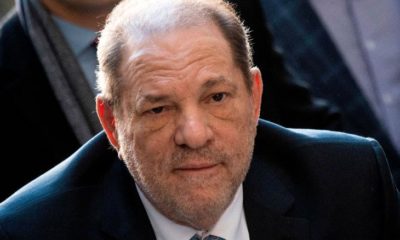Nigeria News
New York’s Highest Court Overturns Harvey Weinstein’s Rape Conviction, Orders New Trial

New York’s highest court has made a pivotal decision, overturning Harvey Weinstein’s 2020 rape conviction and ordering a new trial.
This decision, reached by a narrow 4-3 vote, has ignited a firestorm of reactions from various stakeholders, highlighting the complexities and challenges inherent in high-profile cases involving allegations of sexual assault.
The ruling, articulated by Judge Jenny Rivera, pinpointed critical flaws in the trial proceedings. She emphasized, “We conclude that the trial court erroneously admitted testimony of uncharged, alleged prior sexual acts against persons other than the complainants of the underlying crimes because that testimony served no material non-propensity purpose.” This statement underscores the court’s concern about the prejudicial nature of certain evidence presented during the trial.
Furthermore, Judge Rivera noted, “The court compounded that error when it ruled that defendant, who had no criminal history, could be cross-examined about those allegations as well as numerous allegations of misconduct that portrayed defendant in a highly prejudicial light.” This acknowledgement sheds light on the challenges faced by Weinstein‘s defence team in countering the narrative constructed during the trial.
In response to the court’s decision, Donna Rotunno, the lead defence attorney at Weinstein’s trial in New York, expressed satisfaction, stating, “Justice was served.” She added, “This decision restores faith in the foundation of our system,” highlighting the importance of due process and fair legal proceedings.
However, the ruling has elicited strong criticism from advocates for survivors of sexual assault. Douglas H. Wigdor, an attorney representing eight of Weinstein’s accusers, including two of the “prior bad acts” witnesses at his New York criminal trial, condemned the decision. He stated, “Today’s decision is a major step back in holding those accountable for acts of sexual violence.”
Wigdor continued, “Courts routinely admit evidence of other uncharged acts where they assist juries in understanding issues concerning the intent, modus operandi, or scheme of the defendant.” His remarks underscore the ongoing debate regarding the admissibility and relevance of certain evidence in cases involving sexual misconduct.
The Manhattan District Attorney’s Office has vowed to pursue a retrial, signaling its commitment to seeking justice for survivors of sexual assault. Emily Tuttle, deputy director of communications and senior advisor for the office, stated, “We will do everything in our power to retry this case.”
The Weinstein case is emblematic of broader discussions surrounding the #MeToo movement and its impact on legal proceedings. While the movement has empowered survivors to speak out against abuse and harassment, achieving convictions in court remains a formidable challenge.
This development also draws parallels to another high-profile case, that of Bill Cosby, whose conviction was overturned on appeal in 2021. The complexities of legal standards, evidentiary rules, and due process rights continue to shape the outcomes of cases involving allegations of sexual violence.




